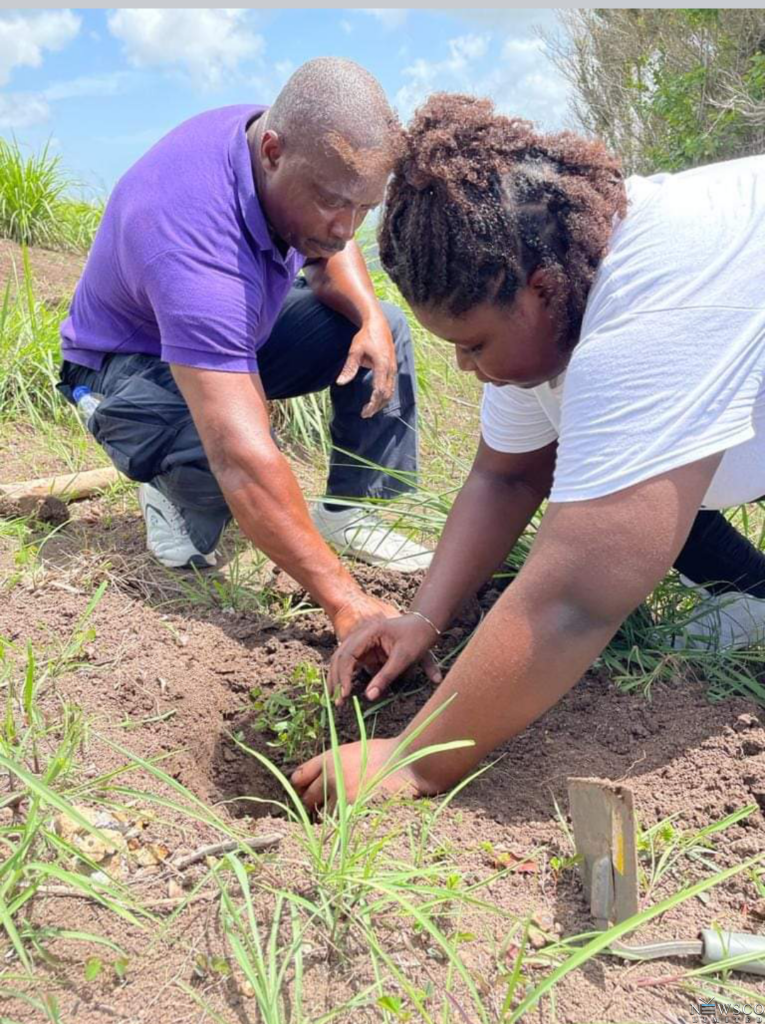
Amid the jamming and revelry of Carnival 2023, let’s not forget a significant milestone in the region’s history: Emancipation Day. August 1, 1834 marked the legal end of chattel slavery in the Caribbean — one of the most oppressive systems of human exploitation — and is a major step towards recognising the inherent dignity of all people.
Emancipation also set the stage for the long and ongoing journey towards social justice, equality, and the development of vibrant Caribbean societies. It led to the emergence of new social structures, including the development of free communities and the establishment of independent households. Overall, emancipation had profound economic implications for the Caribbean. It coincided with disruption.
The dreams of the marginalised downtrodden got bigger in the midst of social and cultural friction and shifts in bargaining power. However, many dreams were crushed when our ancestors realised that emancipation does not automatically eliminate social, economic and political inequities. The disparities in wealth, education, and opportunity can continue to hinder the full participation and integration of formerly oppressed individuals into society and lead to further disruption. Black people were ready to build on the already gigantic contributions they made in the fields, boiling houses and domestic spheres, but the racist planter class suppressed enthusiasm and stifled ambitions.
As a nation, we have to be careful that we do not create incubators for stunting or dismantling the development of big dreams and full potential. We have to be progressive-minded. We must not make young people feel like they are free to think and dream big and then erect barriers which exclude them from decision-making and promote learned helplessness. Youth need to be equipped with the right attitude and expertise that will liberate them from low self-esteem and poverty.
And the development of green skills can empower, engage and emancipate millions of vulnerable young people around the world. Green skills refer to the knowledge, abilities, values, attitudes, and competencies required to understand and address environmental challenges and promote sustainable development. These skills are specifically focused on areas such as renewable energy, energy efficiency, waste management, sustainable agriculture, green building, environmental conservation, and climate change mitigation and adaptation. Green skills are the focus for this year’s International Youth Day which is celebrated annually on August 12. The 2023 theme is “Green Skills for Youth: Towards a Sustainable World.”
So how can green skills be linked to disruption and emancipation? The adoption of green technologies and practices may require a different set of skills than those traditionally associated with certain occupations. This can result in skill gaps and workforce displacement since individuals lacking green skills may struggle to find suitable employment. Similarly, existing workers may require re-training to adapt to changing job requirements.
The development and implementation of green technologies can disrupt existing technological systems. For example, the rise of electric vehicles could disrupt the automotive industry, impacting manufacturers, suppliers, and associated businesses. Such disruptions can lead to the obsolescence of certain technologies and the need for new skills to support the transition.
Acquiring green skills provides youth with the opportunity to secure gainful employment and achieve economic independence in a growing green economy. As societies shift towards sustainability and green technologies, there is an increasing demand for professionals with expertise in renewable energy, environmental management, and sustainable practices. Developing green skills can enhance employability, provide youth with a competitive edge, open up job prospects, and position career growth in emerging sectors. This economic empowerment allows young people to break free from dependency and make choices that align with their aspirations and goals.
The adoption of green skills and practices often requires changes in societal attitudes and behaviours. This can lead to social and cultural disruption as individuals, communities, and organizations adapt to new ways of living, consuming, and doing business. Green skills can inspire youth to become entrepreneurs and innovators in the field of sustainability. With the knowledge and skills to identify environmental challenges and develop innovative solutions, they can create their own green businesses or start-ups. This can provide youth with the freedom to pursue their own ideas, make a positive impact on the environment, and potentially generate economic prosperity.
Green skills can also help young people develop a sense of global citizenship and promote awareness of the interconnectedness of environmental, social, and economic challenges. By understanding the impact of their actions on the planet and society, young people can become responsible global citizens who make informed choices and contribute positively to sustainable development. This kind of civic engagement empowers youth to make a difference and shape a more sustainable future.
To ensure the emancipation of young people through green skills, we must provide access to quality education, vocational training, and mentorship programmes centred on sustainability. These supportive ecosystems encourage the development and application of green skills among youth.


